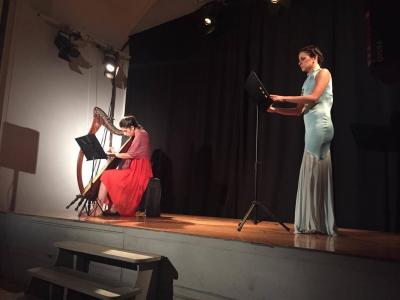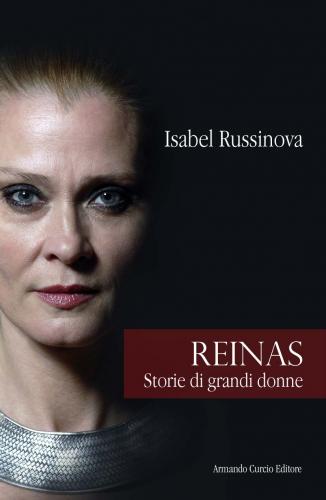Les Femmes d'Or - Rome's golden women revealed

ROME - Discovering good narration on ancient women is like finding a female with which Zeus wasn’t enamoured: extremely rare, and when finally sought, perpetually coated in tropes. Most recreations of the ancient woman either doom her to the satanic Medea figure, or inject her with some ethereal Madonna virtue to make her the ideal Penelope for every man’s desire. Both are usually projects attempting to shock us with how our predecessors were ‘just like us.’
Last week, Galla Placidia, Empress of Rome, was unmasked in an exploratory and enlightening performance at the House of Women theatre. Pleasingly, this production was not awash with stereotypes of the Hollywood ancient often seen; instead, it was stripped back to reveal raw history. Galla Placidia’s lifetime bordered a remarkable cataclysm of religious and political upheaval, and her independence and self-mastery are relatively unparalleled in her position as regent of the Roman Empire. This feminist art-house could have pushed Galla into a throne and had her parrot lines of verse lamenting the fate of women in these dark times, but it didn’t. Galla stood proud at a simple podium, with her text in front of her, and presented to us the story of her youth.
Her tale was revealed in the form of a duet; Galla in turn laments, cries, and justifies her actions to a slave girl who responds by twinkling on the harp. In the original conception, the harpist was intended as simply a faithful mute, a prop in Galla’s palace. It was the director Rodolfo Martinelli Carraresi who morphed this background figure into externalising the consciousness of Galla herself. The passages became monologues, soliloquies, as Daniela Allegra, playing Galla, vocalised all her worries without pause. She moans that nobility is her vulnerability, but her source of strength. She weeps for the loss of Rome’s glory, and its descent into barbarity.
Remarkably, this production has attributed her courage to her love affair with the Visigoth Ataulf. Her actions are justified by her loss of love, her amor extinguished by her husband’s brutal killing. When speaking to me, Allegra asserted that this passion had given Galla the confidence to “use everyone around her, from the men, to her own children.” Whilst this trope of love’s power is not entirely unique, this newfound strength was presented as providing courage to independently honour Christianity. Galla dedicated her life’s work to promoting the growing cult of Christianity, and erected a mausoleum that remains within the UNESCO organisation to this day. The additional features to the narrative material, such as the costume or set design, were kept muted and consciously historical. This allowed an emphasis on the validity of the research, aiding us in our journey to truly understand the female experience of ancient Rome.
The text is based on writer Isabel Russinova’s novel ‘Reinas: Storie di grandi donne.’ Russinova’s drive is to give value to Rome’s female protagonists. She has utilised the stage to draw attention to human rights, even producing events for Amnesty International Italy. Whilst this performance was simply a one-off, her attribution to Galla Placidia is just one passage in her novel, and it stands to be seen if this work shall inspire any future productions revealing life for Le Donne in the ancient world.
hl



